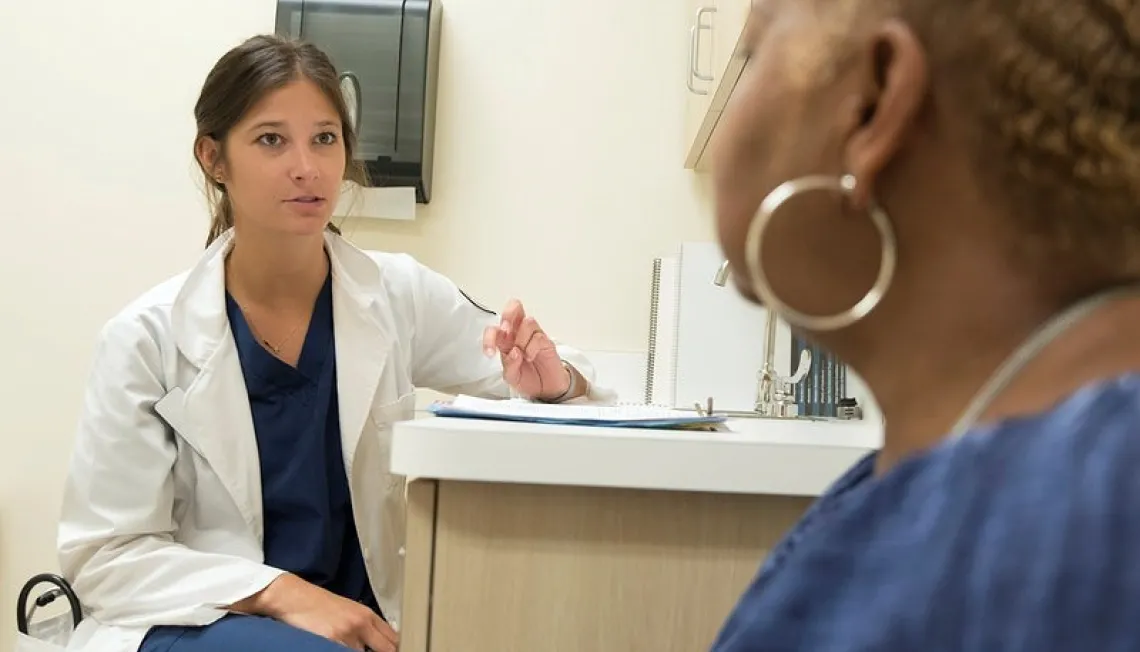Paul Bullen, Director of Delivery at Northamptonshire Police & Crime Commissioner (PCC), spoke to us about some of their innovative work on mental health.
Local research on the experiences of people with mental health concerns who come into contact with the police and criminal justice system (CJS), resulted in a report with several recommendations. Paul provided two tangible examples of changes to practice as a result of this work.
Mental health treatment requirements
The first is around mental health treatment requirements in court. Every court can have them but in Northamptonshire there is a female-only focus in response to a need. 60 female offenders have gone through this and only 3 have since come back into contact with the CJS at a point of arrest but not through the courts. As a result of using these requirements for female offenders, Paul states reoffending has been positively impacted. Northamptonshire is only 1 of 5 areas in the country that are doing this. The magistrates or judge will give a community sentence, rather than custodial sentence, which includes 6 months of mental health support including 12 sessions. Women are also offered and redirected towards tailored and holistic support services depending on their individual needs and that could be anything from help with employment and CV writing to housing. Funding is sourced partially from the PCC but also from several other services.
High intensity user work
The second area of focus is high intensity user work that is aimed towards people who call the police during crisis moments and often more than once, regardless of whether or not there is a crime that has been committed. This is a demand on the police that they want to reduce. The premise is that between these crisis moments or after a crisis call, a police officer and nurse will work together and establish a profile and casework for that individual and ensure that they are getting the right support from the right services. The hope is that this will reduce reliance on the police. The PCC champions this but it is through the National Health Service (NHS) and police that it is operated. No new funding is given, rather existing funding is realigned.
Paul explained that their custody healthcare work is innovative as it is a 24/7 embedded service with dedicated nurses and paramedics in the custody suites and a doctor who is on call between the two suites. The medical staff are contracted by local NHS providers.
If you want to find out more about Paul’s work, you can contact him via paul.bullen@northantspcc.pnn.police.uk
This case-study was compiled and edited by Jaskirat Mann in 2018
